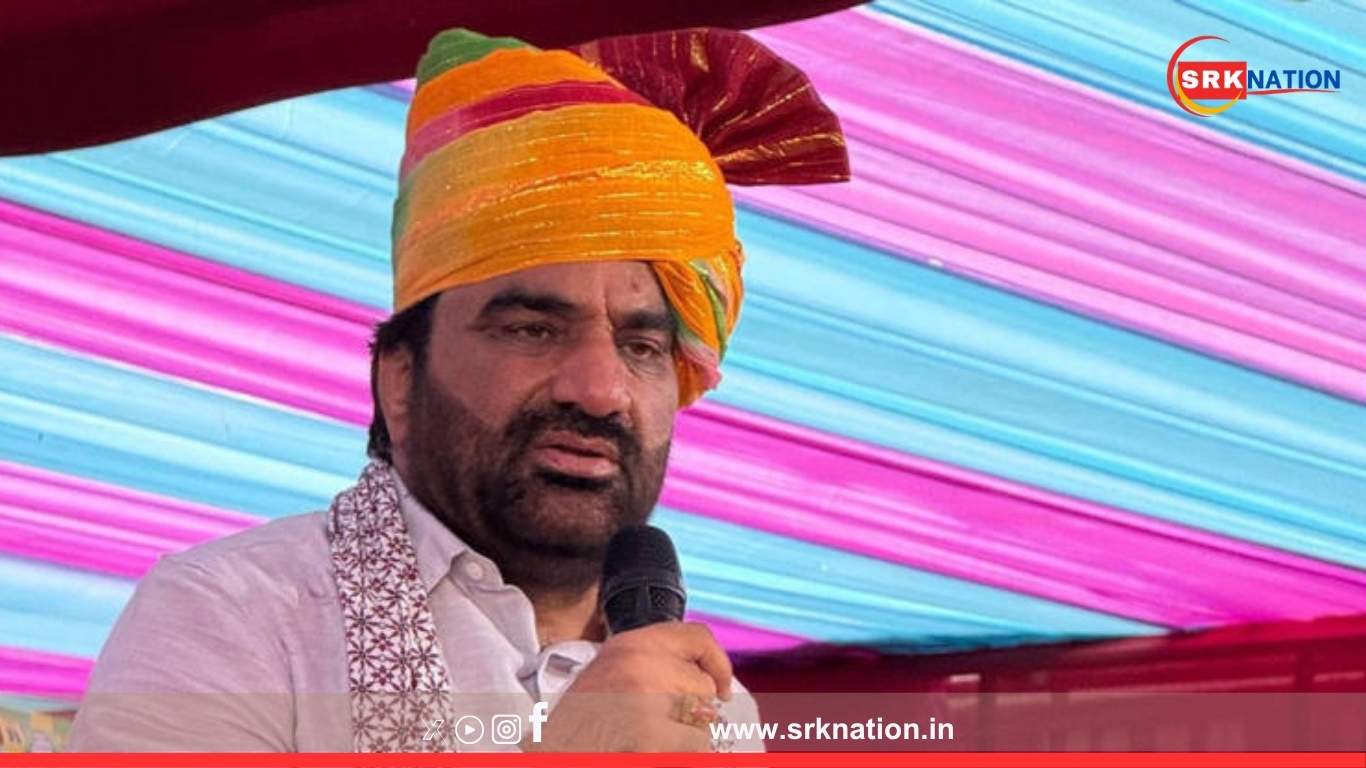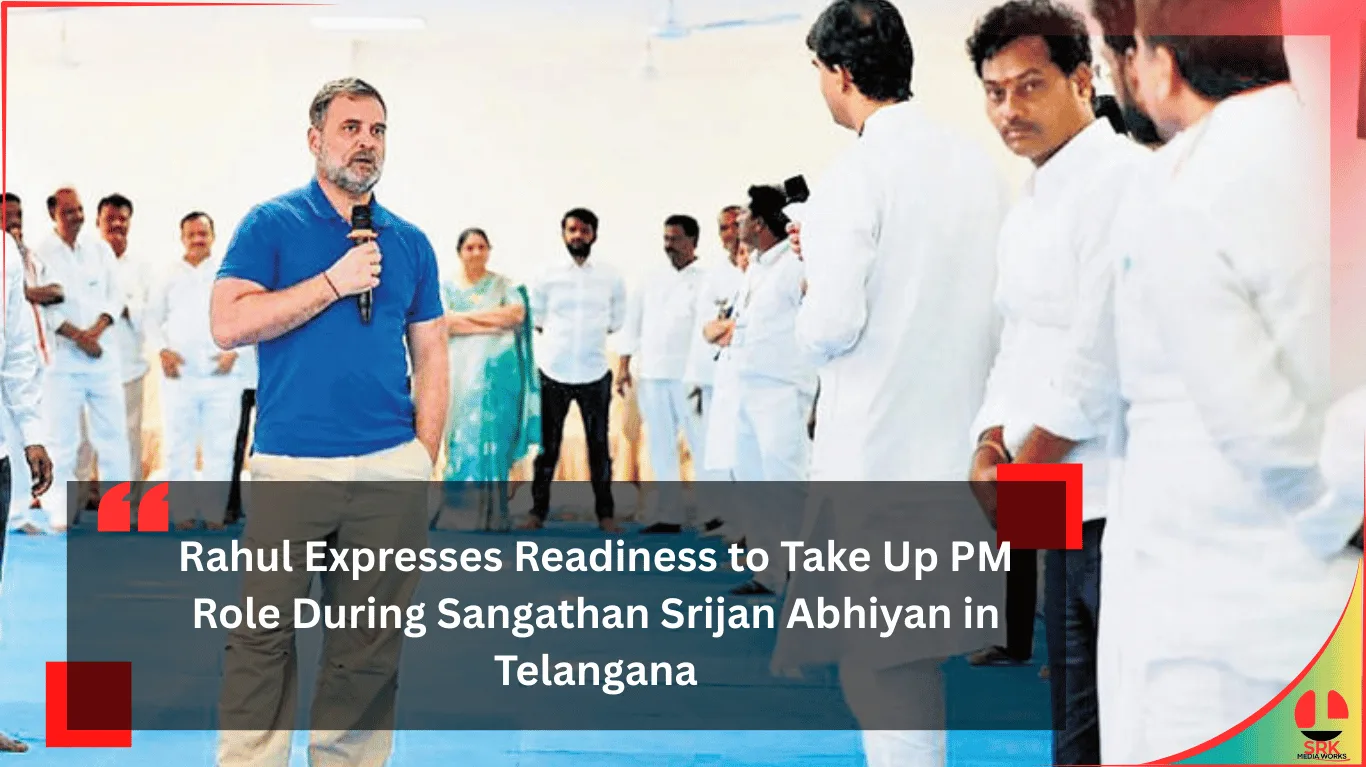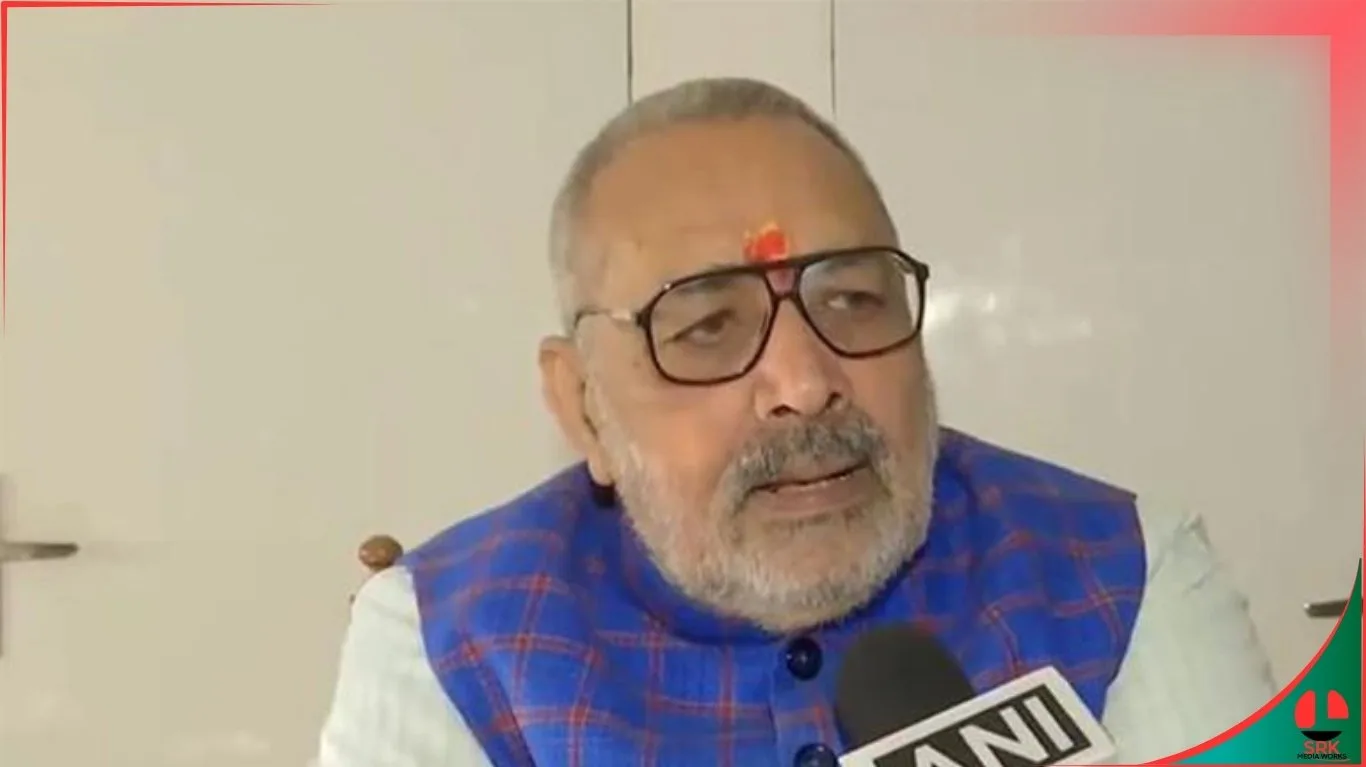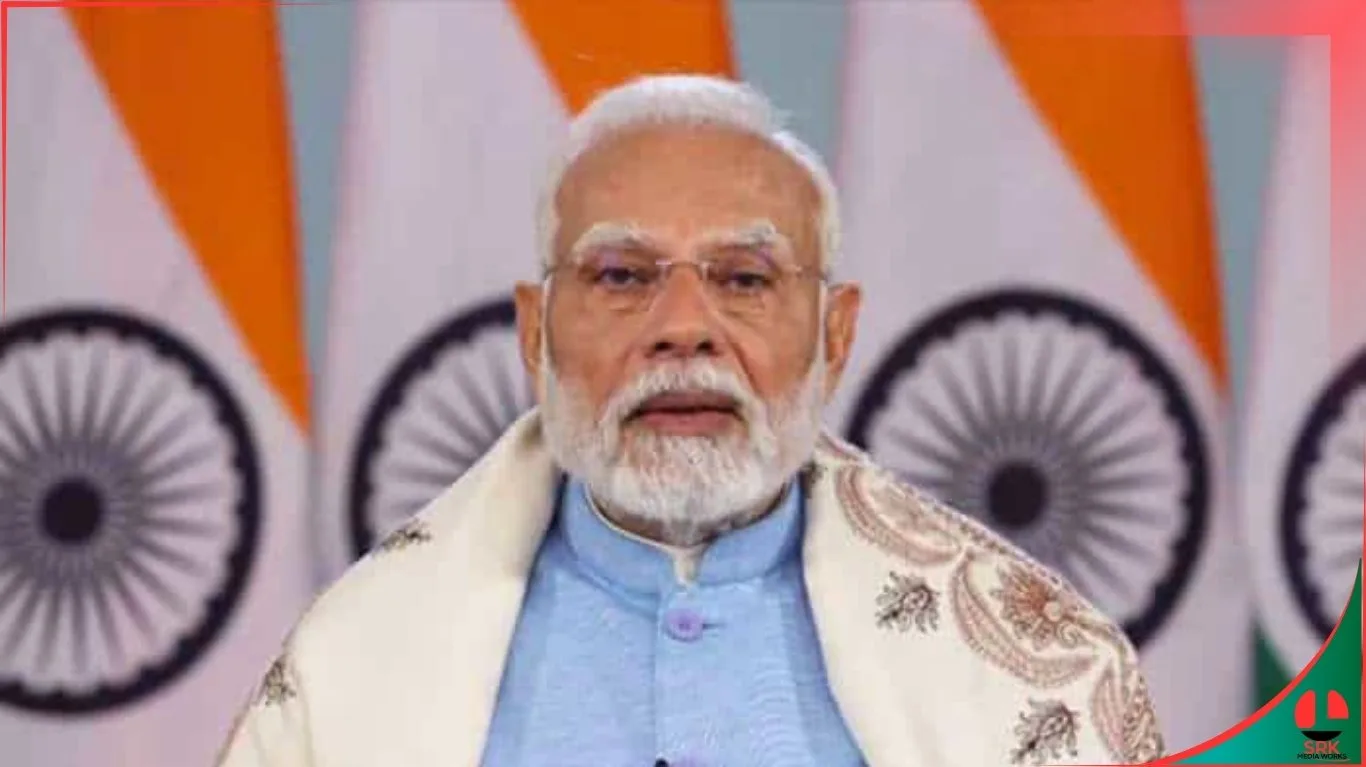In a bold move highlighting accountability and equal treatment under governance, the Rajasthan government has justified its decision to disconnect electricity supply to a Member of Parliament (MP) over unpaid dues. This action, which sparked political debate and public curiosity, was defended strongly by the state’s power minister, who emphasised that “rules apply equally to all, and no VIP will get exemption.”
The Incident That Triggered Nationwide Attention
Earlier this week, officials from the Jaipur Vidyut Vitran Nigam Limited (JVVNL) disconnected the electricity connection of an MP’s residence due to long-standing unpaid bills running into lakhs. The move raised eyebrows within political circles, with some claiming procedural excesses and others praising the state power utility’s resolve to enforce financial discipline.
Speaking to the media, Rajasthan Power Minister Hemaram Choudhary asserted:
“Whether it is a minister, MP, MLA, or any citizen, electricity dues must be cleared. The department has clear directives: pay your bills or face disconnection. There is no VIP culture in dues recovery.”
Political Reactions
The disconnection led to varied responses from across the political spectrum:
| Political Group | Reaction |
|---|---|
| BJP (Opposition) | Questioned whether protocol was breached and called for due courtesy towards elected representatives. |
| Congress (Ruling Party) | Supported the minister’s stance, reiterating commitment to good governance and ending VIP privilege culture. |
| Public Policy Analysts | Praised the transparency of the power department’s revenue enforcement strategy. |
BJP state president C.P. Joshi stated:
“While rules must apply to all, there must be a dignified process when dealing with elected representatives to avoid institutional friction.”
Financial Discipline Drive
The Rajasthan power distribution companies have been under immense stress, with cumulative losses running into thousands of crores over the last decade. To address this:
- Strict Recovery Drives: Power utilities have launched targeted drives to recover pending dues from government offices, institutions, and political residences.
- Digital Monitoring: Smart metering and billing systems have been integrated to flag overdue accounts swiftly.
- No Exemptions Policy: Repeated instructions have been issued that there shall be no exemptions based on status or designation.
Table: Power Distribution Companies – Key Financial Indicators
| Discom | Outstanding Dues (₹ Cr) | Annual Loss (₹ Cr) | Primary Cause |
|---|---|---|---|
| JVVNL (Jaipur) | 9,000 | 3,200 | Power purchase cost, pending dues recovery |
| AVVNL (Ajmer) | 6,500 | 2,700 | High transmission loss, subsidy delay |
| JdVVNL (Jodhpur) | 5,200 | 2,100 | Aggregate technical & commercial loss |
Minister’s Broader Message
Minister Hemaram Choudhary’s firm statement indicates a clear political messaging strategy:
- No Special Privileges: Government aims to shed any perception of special treatment for public representatives, strengthening public trust.
- Encouraging Payment Discipline: Citizens are more likely to pay if they see influential individuals doing the same.
- Aligning With Fiscal Prudence: Amid rising power sector debts, timely dues payment is vital for operational liquidity.
He further added:
“If common citizens pay their bills despite financial hardships, there is no reason why representatives should not fulfil their basic responsibilities.”
Public Response
Social media users lauded the move, calling it a “step towards true equality before law.” Hashtags like #NoVIPCulture, #PayYourBills, and #RajasthanGovernance trended regionally on X (formerly Twitter) for several hours.
Pivot Analysis: Impact of Strict Recovery Drives
| Category | Before Drive (Avg Collection %) | After Drive (Avg Collection %) | Remarks |
|---|---|---|---|
| Domestic Urban | 85% | 96% | Improved after disconnection notices |
| Domestic Rural | 72% | 81% | Gradual improvement, requires further enforcement |
| Institutional (Govt & Political) | 63% | 90% | Significant improvement due to high-profile disconnections |
Broader Context: Power Sector Reforms
Rajasthan is currently implementing reforms under the Revamped Distribution Sector Scheme (RDSS) to enhance financial viability and supply reliability. Key features include:
- Installation of prepaid smart meters to reduce billing disputes and theft.
- Infrastructure upgrades for improved distribution efficiency.
- Target to reduce AT&C losses to below 15% by 2027 to qualify for central government incentives.
Comparative Snapshot: VIP Disconnection Incidents Across States
| State | Incident | Outcome |
|---|---|---|
| Uttar Pradesh | Disconnection of ex-MLA’s residence over ₹12 lakh dues | Payment cleared within 24 hours after public backlash |
| Bihar | Minister’s guest house power cut over non-payment | Opposition criticised, but department defended move citing dues policy |
| Rajasthan | Current MP’s residence disconnected for unpaid bills | Minister reinforced ‘no VIP culture’ message |
Challenges Ahead
Despite public support, bureaucrats caution that such actions require:
- Protocol-sensitive execution to prevent avoidable friction.
- Clear communication with the concerned offices ahead of disconnection to uphold administrative courtesy.
- Avoiding political polarisation if opposition frames it as targeted action.
Conclusion
The Rajasthan government’s decision to cut power supply to an MP’s residence over unpaid bills reflects a decisive shift towards equitable governance. As India’s states grapple with power sector fiscal pressures, enforcing dues payment without discrimination becomes an imperative.
Minister Hemaram Choudhary’s assertive approach signals that public accountability will remain central to administrative decisions, irrespective of political stature.
Disclaimer: This article is intended for general informational purposes only. Readers are advised to independently verify facts and policy statements before forming conclusions. The publication does not endorse any political party or viewpoint and seeks to maintain balanced, factual reportage.












Hey team srknation.in,
I would like to discuss SEO!
I can help your website to get on first page of Google and increase the number of leads and sales you are getting from your website.
May I send you a quote & price list?
Bests Regards,
Ankit
Best AI SEO Company
Accounts Manager
http://www.letsgetoptimize.com
Phone No: +1 (949) 508-0277